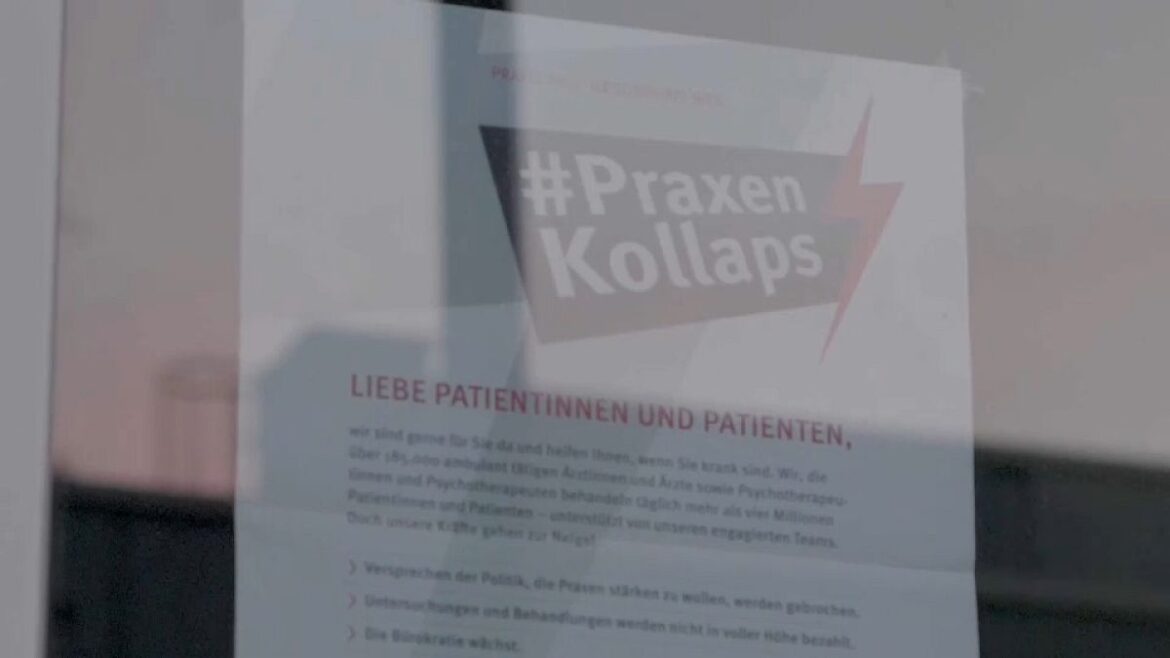For several days, German doctors have been on strike. What they demand: less bureaucracy and better salaries. According to Dr Peter Rott, working conditions discourage some medical students, who prefer to leave the country after their studies.
“In medical faculties, around 4,000 places were eliminated during reunification. I think it’s becoming more and more obvious. It is clear that fewer and fewer doctors want to work in Germany. For example, I know many medical students who say: “The conditions are better in Denmark. After my studies, I will most likely go to Denmark or Sweden.” I know a significant number of healthcare professionals who go to Switzerland because they are also paid much better there“, explains the gynecologist.
Faced with the shortage, some doctors are having difficulty finding a buyer for their practice. The lack of doctors is also felt in hospitals. The German Minister of Health has promised to put in place certain measures to improve their working conditions. But doctors, who are not their first social movement in recent months, prefer to take this declaration with reservation.
“The future of outpatient healthcare will heavily depend on what steps are taken next, especially whether our proposals are actually implemented. And if we see significant improvements in the field of specialized medical care. In this case, the situation will not be as serious. But if that doesn’t happen, it will be really bad. Because the shortage of doctors is a persistent problem“, explains Dr. Dirk Heinrich.
This discontent does not only concern German doctors. Strikes also took place in other European countries such as Slovenia. In the United Kingdom, medical interns have just ended a strike of unprecedented duration. They also demanded better working conditions.



